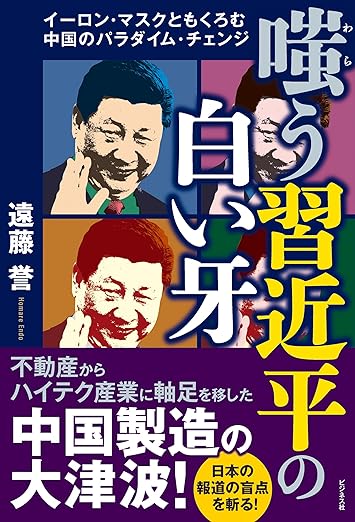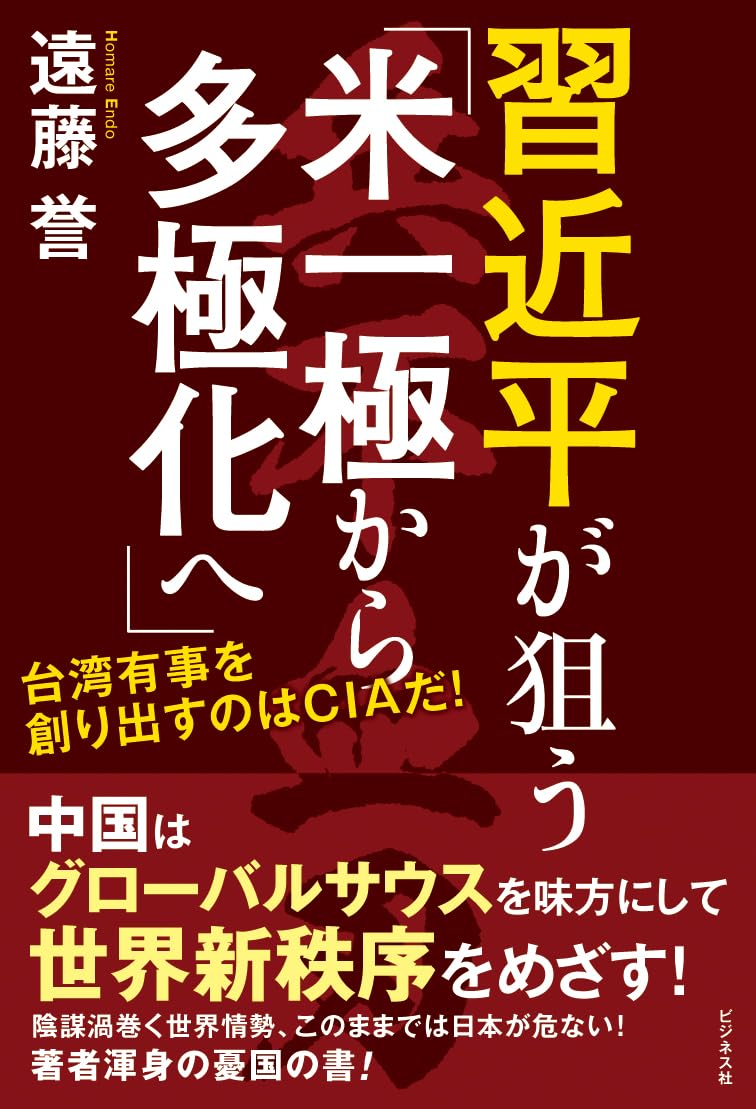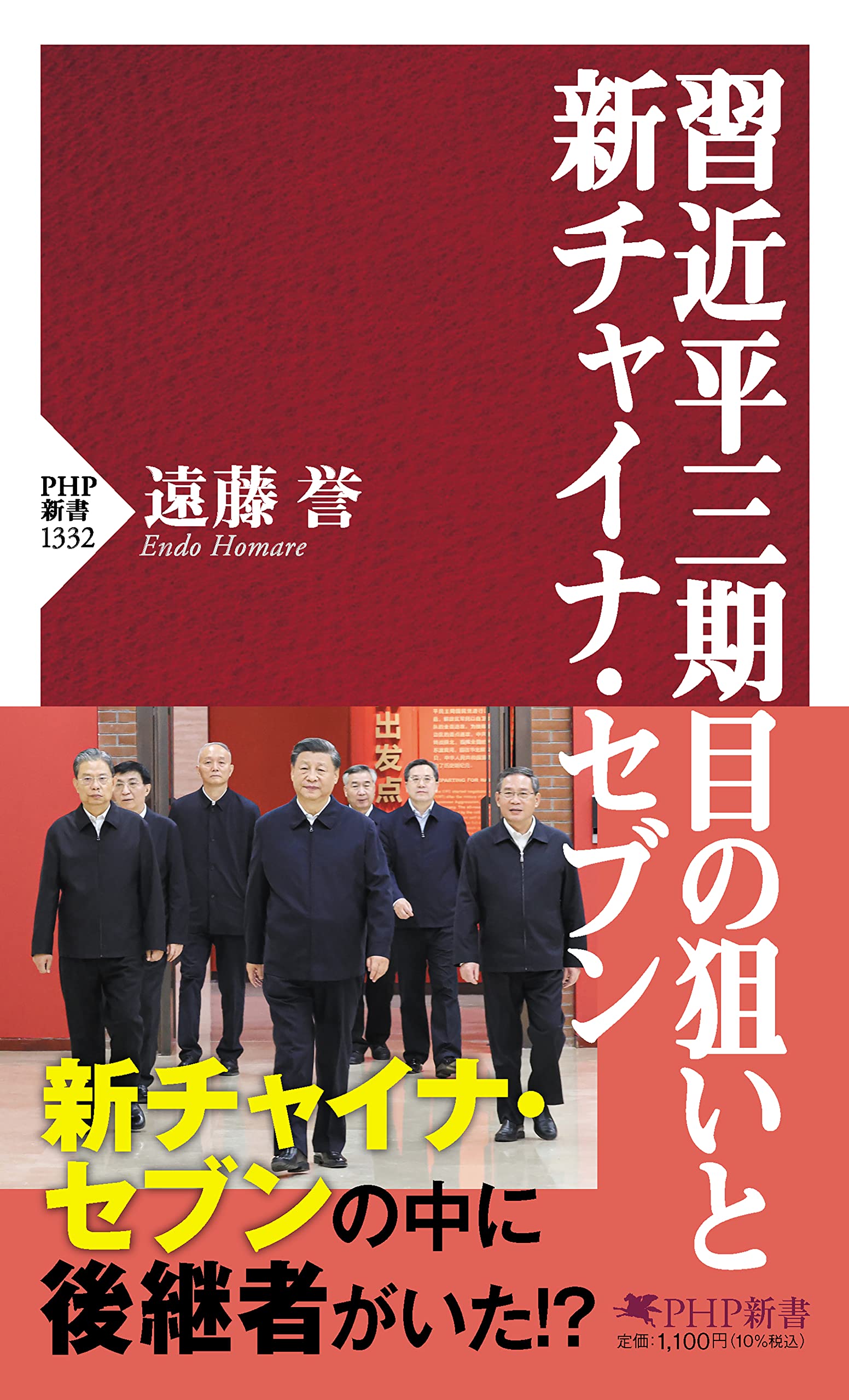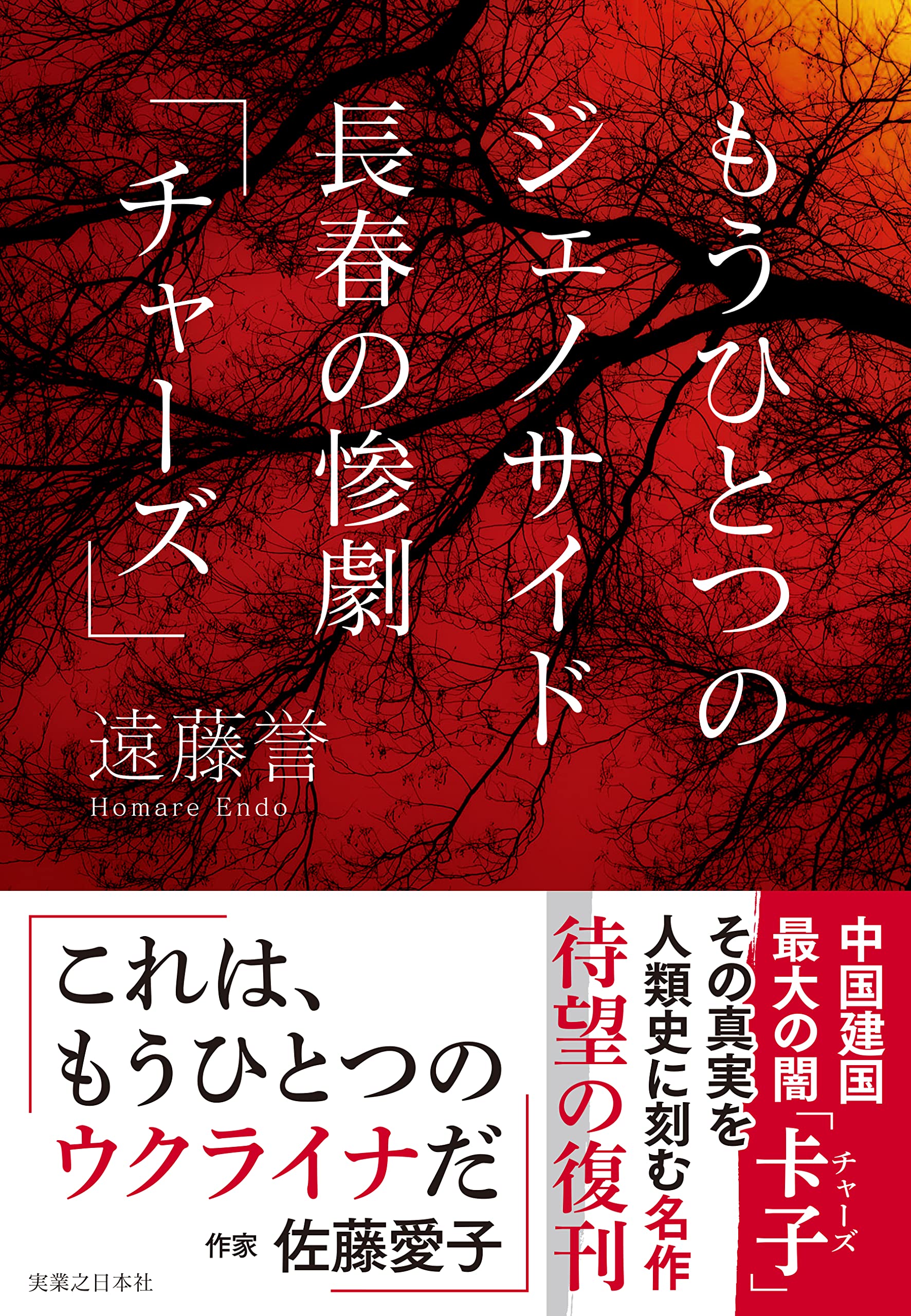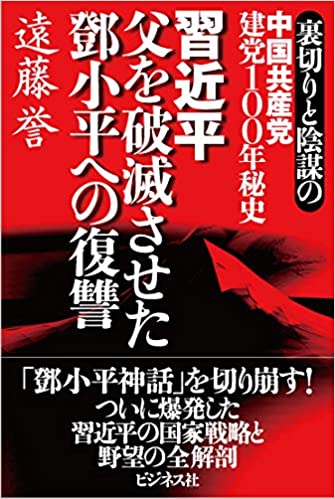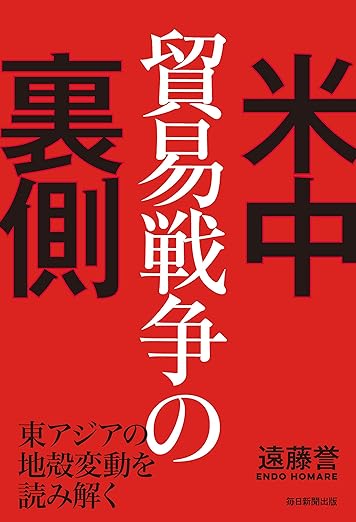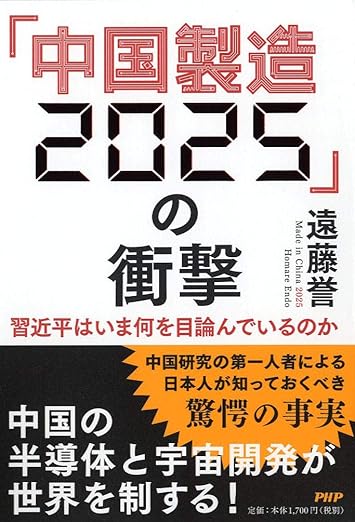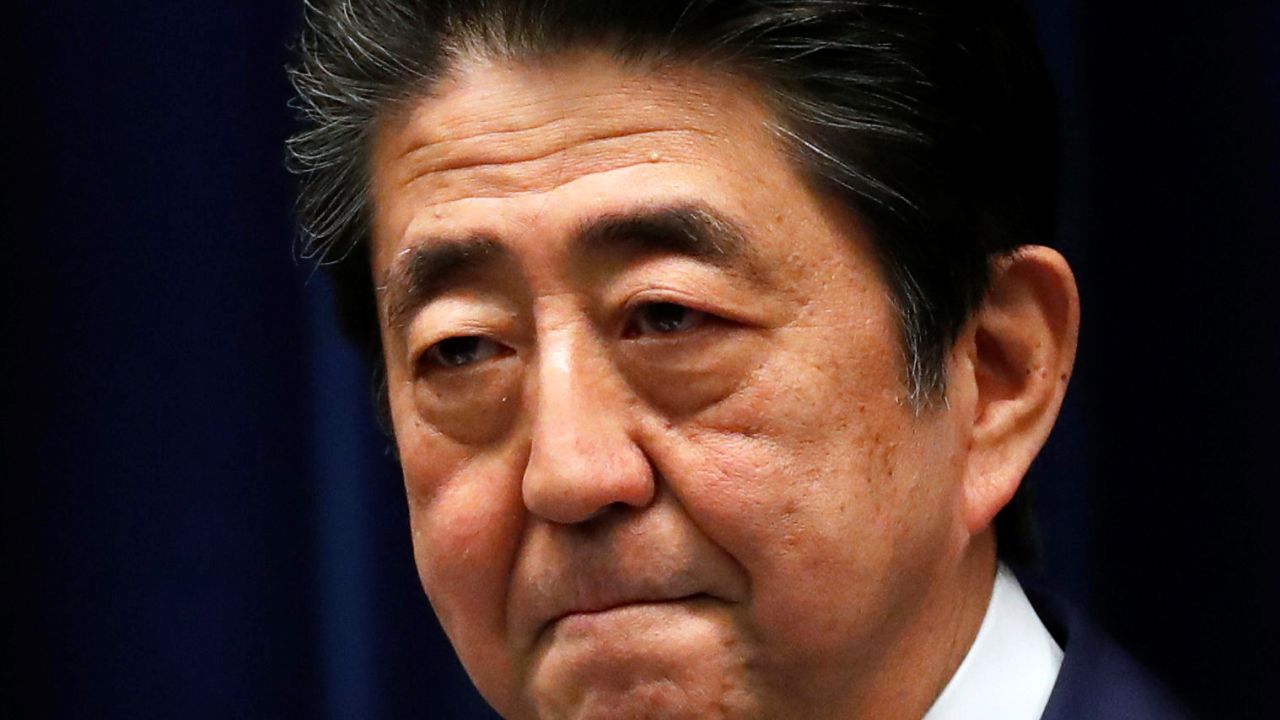
In order to prevent the spread of the novel coronavirus, the Abe government has unveiled measures piecemeal on the go. In its basic policy, announced at the end of last month, the government did not impose full entry restrictions on Chinese citizens. This has disappointed many Japanese people. Prime Minister Abe is still preoccupied with inviting President Xi Jinping as a state guest to Japan, even as he has thrown the daily lives of the Japanese people into turmoil.
Prime Minister Abe tells top Chinese diplomat: “President Xi Jinping’s state visit to Japan is of great importance.”
On February 28, Yang Jiechi, Member of the Political Bureau of the Central Committee of the Communist Party of China (CPC) and Director of the Office of the Foreign Affairs Commission of the CPC Central Committee, met with Prime Minister Abe at the Prime Minister’s Official Residence in Tokyo. Prime Minister Abe has still not given up on inviting President Xi Jinping as a state guest to Japan, even after putting the Japanese people through so much fear and uneasiness to date, making it difficult for them to lead their daily lives.
At the meeting, Mr. Abe stressed the following with respect to Xi Jinping’s visit as a state guest to Japan: “This state visit is of great importance to bilateral relations. The Japanese side will make thorough preparations to ensure the success and fruitful results of the visit.”
On February 29, the People’s Daily Online, the digital version of the People’s Daily, the news organ of the CPC Central Committee, reported on this meeting in an article titled “Japanese Prime Minister Shinzo Abe: President Xi Jinping’s State Visit to Japan This Year Is of Great Importance,” quoting Prime Minister Abe’s words directly. The original title of the article that appeared in the printed People’s Daily (February 29, 2020 issue, page 3) was “Japanese Prime Minister Shinzo Abe Meets with Yang Jiechi.” The Chinese side wished to highlight the fact that Prime Minister Abe said, “President Xi Jinping’s state visit to Japan this year is of great importance.” That is why it can be inferred that these words were directly incorporated into the title of the article in the digital version.
Xinhuanet is the digital arm of Xinhua News Agency, the state organ of the Chinese government. On February 28, Xinhuanet posted an article titled “Japanese Prime Minister Shinzo Abe Meets with Yang Jiechi.” In the article, Xinhuanet reports that “Mr. Abe expressed that ‘President Xi Jinping’s state visit (visit as state guest) to Japan this year is of great importance.’”
In essence, the Chinese government would like to tell the Chinese people that “While Xi Jinping has faced repeated setbacks in addressing the coronavirus epidemic, Japanese Prime Minister Abe has gone to extraordinary lengths to convey his most eager wishes to meet with Xi Jinping. This shows that the international community is not entirely critical of Mr. Xi. If anything, it shows that the international community welcomes him with open arms.” Once again, Japan is lending a hand in enabling the CCP to maintain its one-party system.
Meanwhile, in the nighttime hours of February 29, news reports from the Japanese side indicated that Xi Jinping’s visit as a state guest to Japan will likely be postponed to September. This reporting from Japan has been reprinted in China, but there has been no reporting from the Chinese side.
Japan: No clear form of national leadership in place
In my February 20 column, “Japan’s ‘Border Control Failure’ was Triggered by its Appeasement towards Xi Jinping’s Visit as a State Guest,” I discussed the following matters. In response to the declaration of a Public Health Emergency of International Concern (PHEIC) by the World Health Organization (WHO) on January 30, the Abe government imposed entry restrictions that covered only Chinese citizens visiting Japan from Hubei Province. This was because Mr. Abe had sought to appease China by ensuring that Xi Jinping would not be offended by any travel restrictions, given that Mr. Abe had intended to invite Mr. Xi as a state guest to Japan in April.
Even with these entry restrictions in place, the number of patients carrying the novel coronavirus increased rapidly in Japan. In light of this, on February 12, Japan finally added Zhejiang Province to the scope of entry restrictions. In China, patients with the novel coronavirus are spread out across the country, so adding an extra province such as Zhejiang Province to the entry restrictions is absolutely ineffective. I wrote about this in my February 23 column titled “Are the Lives of the Japanese People Only a Secondary Consideration? Japan Follows in the Footsteps of the Wuhan Pandemic.”
Next, on February 25, the Japanese government announced a basic policy to curb the spread of the novel coronavirus. Surprisingly, even at this juncture, Prime Minister Abe did not impose full entry restrictions on visitors from China. This means that Chinese citizens visiting Japan from regions in China other than Hubei or Zhejiang province still remain free to enter Japan, unless they happen to be stopped at the automated temperature screening checkpoints installed at airports. Besides the absence of any travel restrictions on individual tourists from China, the Japanese government has left it up to universities to decide, based on the discretion of related parties, on what to do about Chinese students returning from the Chinese Lunar New Year holidays in China, and Chinese test-takers seeking to take entrance exams for Japanese universities. Of course, in Japan, the immigration authorities did not uniformly revoke any permission to reenter or newly enter the country.
The only thing that the much-awaited “basic policy” accomplished was to push self-responsibility onto the Japanese people by making respective organizations decide on what to do about their gatherings and work, as well as matters such as commuting to school and entrance exams.
The Japanese government made the coronavirus a matter of “self-responsibility” for the Japanese people while not testing them for the virus. Just as the Japanese people’s frustration with this unthinkable situation hit a boiling point, the Japanese government suddenly requested the temporary closure of all educational institutions other than universities. In these ways, the Japanese government has continued to run around in utter confusion without any clear plan. It raises serious doubts as to whether any form of national leadership is in place. The Japanese government has preferred to appease Xi Jinping, and has not been brave enough to impose restrictions on the entry of people from all parts of China, which require the highest level of caution as the source of the infection.
The problem has not escaped the attention of the foreign media. The following comment appeared in the Washington Post on February 20: “Critics said Abe appeared keener to avoid offending China ahead of a visit by President Xi Jinping planned for April than tackling the problem head on.”
It looks like the U.S. media has seen through to the essence of Mr. Abe’s approach to the novel coronavirus.
Even Russian President Vladimir Putin, who has enjoyed a well-publicized honeymoon with Xi Jinping, has boldly implemented the level-headed policy of “barring entry of all Chinese citizens to Russia,” which resembles the U.S. policy. North Korea, which has a military alliance with China, has also banned Chinese citizens from entering its territory.
Putting aside the question of whether or not you have a favorable view of a particular country, it is absolutely essential to have this sort of “level-headed fortitude,” at the very least, when it comes to protecting the lives of your citizens.
Prime Minister Abe lacks the fortitude to get this done.
It is such a pity, and it makes me wonder whether Japan really is an independent country.
Prime Minister Abe has pledged to Xi Jinping that he will absolutely comply with the “One China” principle and will never recognize the independence of Taiwan. Even as Taiwan has made a remarkably bold decision to protect its citizens.
Taiwanese President Tsai Ing-wen imposes a uniform ban on entry into Taiwan of all visitors from mainland China
On January 15, the Tsai Ing-wen administration designated the novel coronavirus as a “legal infectious disease.” On February 5, it imposed a full ban on entry into Taiwan of all visitors from mainland China, excluding Hong Kong and Macau. Concurrently, the administration banned travel from Taiwan to mainland China.
The travel restrictions were criticized by some Taiwan residents who were concerned about the economic effects. This criticism notwithstanding, President Tsai maintained tremendous resolve and did not change the policy.
Ms. Tsai took truly impressive actions with respect to the treatment of the Taiwanese people living in Hubei Province.
On February 3, China Eastern Airlines returned 247 Taiwanese people living in Hubei Province to Taiwan. After the flight arrived in Taiwan, it was found that one of the passengers had been carrying the coronavirus (i.e., had tested positive). The Taiwanese side had requested that unless the returnees tested negative before boarding the flight, they would not be permitted to return on the flight. However, because one person who had tested positive was mixed in with the other passengers, Taiwan has refused entry to all subsequent returnees to the island. Taiwan was embroiled in various disputes about matters such as differences in the manifest of returnees submitted by the Taiwanese side and the manifest of passengers who had been permitted to board the flight by the mainland Chinese authorities. Ultimately, 1,148 Taiwanese people still remain in Hubei Province as of February 27. The Tsai administration has refused to accept any returnees.
Naturally, some people will criticize the Tsai administration for leaving their fellow citizens behind. However, President Tsai did not flinch at this criticism. Ms. Tsai has demonstrated an unwavering resolve to stop the spread of coronavirus, regardless of any criticism, in order to contain the number of coronavirus cases in Taiwan. As a result, approval ratings for President Tsai have soared to 68.4% (Source: the Taiwanese Public Opinion Foundation). In regard to the Tsai administration’s measures to prevent infectious diseases, 75.3% of respondents gave the administration a score of “80 points or more,” heaping praise on the administration’s efforts. The average score for the administration was very high, at 84.16 points.
This stands in stark contrast to Prime Minister Abe, whose highest priority has been to invite Xi Jinping as a state guest to Japan.
The question comes down to whether a leader can firmly decide to give absolutely top priority to protecting his or her country’s citizens and demonstrate resolute leadership.
Even Macau, a special administrative region of China, is permitted to enforce travel restrictions on mainland China
Even in Macau, a special administrative region of China under the jurisdiction of the Beijing government, the local Macau government has shown significant leadership within the legal framework of a special administrative region.
On March 1, The Macau Shimbun reported on current conditions in Macau in an article titled “Macau Confirms No New Patients with Coronavirus for 25 Consecutive Days. Eight Out of Ten Patients in Total Have Recovered and Have Been Released from Hospital. Rescue Plane to Be Sent to Return the Remaining Macau People in Hubei Province as Early as the End of Next Week.” According to the article, there have been no new cases of coronavirus patients identified in Macau for 25 consecutive days since February 4.
To date, a total of ten coronavirus patients have been reported in Macau. The first seven patients were visitors from Wuhan, and the remaining three patients were Macau people. These low patient numbers were made possible by Macau’s ban on travel to and from mainland China from February 5.
The Standing Committee of the National People’s Congress (NPC) of the Chinese government (Beijing government) has jurisdiction over Macau. Unless the Standing Committee authorizes Macau to implement such measures, the Macau government cannot take any action on its own. This means that the Beijing government allowed the Macau government to impose a ban on entry of mainland China residents.
China is playing Japan like a fiddle
I’d like to think about this fact in more depth.
In my February 20 column, “Japan’s ‘Border Control Failure’ was Triggered by its Appeasement towards Xi Jinping’s Visit as a State Guest to Japan,” I wrote that, “The Chinese government sharply criticized the U.S. response, characterizing it as ‘certainly not a gesture of goodwill.’ Meanwhile, China has heaped praise on Japan, describing it as a ‘very friendly nation.’” This time, too, China has given a lot of media attention to the remarks made by Prime Minister Abe in his meeting with Yang Jiechi, highlighting them as “a prime example of praise for Xi Jinping.”
However, when it comes to Macau, which Beijing has jurisdiction over, the Chinese government affirms and embraces Macau’s policy of barring entry to travelers from mainland China. This is because the Chinese government, viewing Macau as an integral part of China, is giving priority to its own “national” interests. Hong Kong enjoys the same status as a special administrative region, but most of its residents are against China. In contrast, Macau is very pro-China, and acts as a model student as far as the “one country, two systems” principle is concerned. Xi Jinping is trying to protect Macau because he is wary of losing a crucial source of revenue derived from Macau’s role as a tourism destination, centered on casinos.
Conversely, Japan has not imposed full restrictions on the entry of Chinese citizens. For Xi Jinping, this means that “there is no other country that China can take greater advantage of than Japan.” After all, even if the number of coronavirus patients in Japan increased, it would be none of China’s business. If Japan chooses to be the only G7 country that doesn’t refuse entry to Chinese citizens, China can take full advantage of the situation by advertising the fact that there is such a country, as it sees fit.
The Global Times website is the online version of the Global Times, a sister newspaper controlled by the People’s Daily, the official organ of the CPC Central Committee. On February 25, the Global Times website reported that the city of Weihai in Shandong Province, China and other locations have restricted travelers from Japan and South Korea, imposing a 14-day quarantine. Of course, the Chinese government has not criticized these measures, but if anything has encouraged them. Unfortunately, Japan has become a country that the international community is treating with caution. That is something that Xi Jinping “welcomes.”
Despite being put in this situation, Japan has continued to donate massive amounts of face masks and protective clothing to China, with efforts led by people like Toshihiro Nikai, Secretary-General of the Liberal Democratic Party. Things have become so bad that even Chinese netizens are concerned about Japan, noting that “If Japan continues to make these donations, the country may eventually run out of its own supplies!” The reality is that the Japanese people are already struggling because they cannot buy face masks.
This is what things are like in Japan. It shows the true state of the Abe government.
Until now, I have been inclined to cheer on Prime Minister Abe. However, I no longer feel like supporting him after he decided to invite Xi Jinping as a state guest to Japan. Moreover, I don’t think there are many Japanese people who support the Abe government, that has appeased Xi Jinping out of consideration for his state visit, and have imposed so much pain and sacrifice on the Japanese people. It is truly regrettable.
(This piece was originally published by the author on Yahoo! News.)
カテゴリー
最近の投稿
- 習近平の思惑_その1 「対高市エール投稿」により対中ディールで失点し、習近平に譲歩するトランプ
- 記憶に残る1月
- 高市圧勝、中国の反応とトランプの絶賛に潜む危機
- 戦わずに中国をいなす:米国の戦略転換と台湾の安全保障を巡るジレンマ
- トランプ「習近平との春節電話会談で蜜月演出」し、高市政権誕生にはエール 日本を対中ディールの材料に?
- A January to Remember
- Managing China Without War: The U.S. Strategic Turn and Taiwan’s Security Dilemma
- 「世界の真ん中で咲き誇る高市外交」今やいずこ? 世界が震撼する財政悪化震源地「サナエ・ショック」
- 中国の中央軍事委員会要人失脚は何を物語るのか?
- 個人の人気で裏金議員を復活させ党内派閥を作る解散か? しかし高市政権である限り習近平の日本叩きは続く




